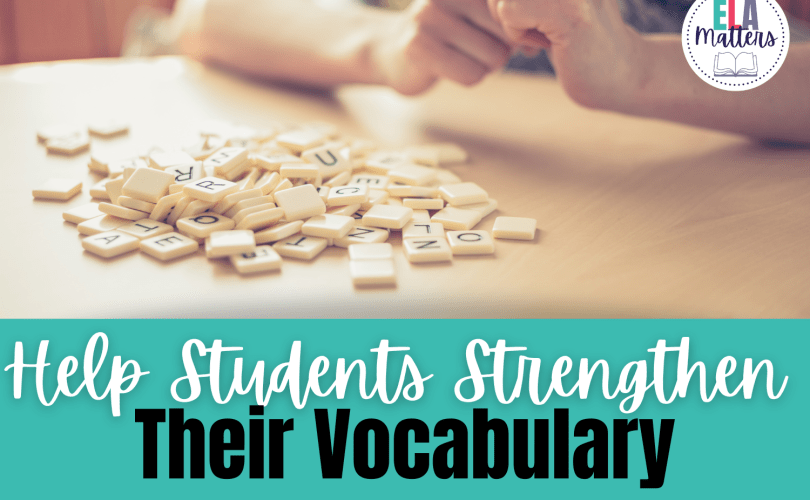One of the most effective ways a teacher can help students build a stronger vocabulary for their writing is through regular vocabulary-building exercises and activities. These can include assigning weekly vocabulary lists for students to learn and use in their writing assignments, as well as encouraging them to read widely to encounter new words in context. Teachers can also incorporate vocabulary games, such as word puzzles or vocabulary bingo, to make learning more engaging and fun for students. One recent activity I assigned my Literacy Course students was to rewrite a paragraph by changing all of the words “said” and “went” to synonyms they found from word banks on the page. I explained how “said” and “went” were two of the most overused words and how we could make the paragraph more interesting and specific to what we intended by being more meaningful with our word-choices.
Another great strategy is to teach students how to use a thesaurus effectively. By showing them how to find synonyms and antonyms for words they already know, teachers can help students expand their vocabulary and improve the quality of their writing. Additionally, providing feedback on students’ writing that focuses on word choice and encouraging them to revise for stronger vocabulary can also be beneficial in helping them grow as writers. One game that I play with my students I simply call the “Thesaurus Game” where I hand a thesaurus out to each student and they usually look at it like some strange, ancient relic. I then randomly choose a word from my copy and the first student to find the word in their thesaurus and shout out a synonym gets a point. The student with the most points after ten rounds wins.
Lastly, creating a language-rich environment in the classroom can further support vocabulary development. This can involve displaying word walls with new vocabulary words, encouraging students to use a variety of words in their discussions, and modeling sophisticated language in teacher-student interactions. By fostering a culture of curiosity and a love for language, teachers can empower students to become more confident and expressive writers with a diverse vocabulary at their disposal.

